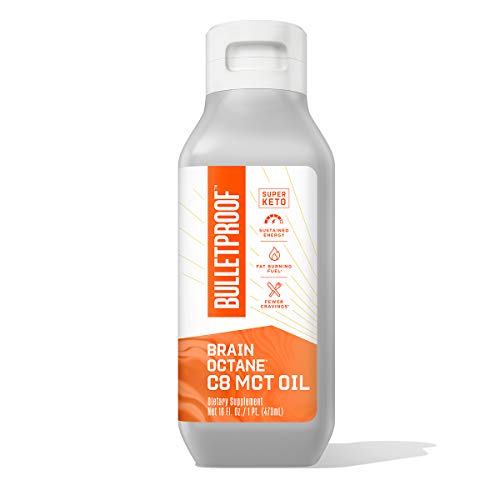If you’re one of the millions of Americans struggling with seborrheic dermatitis (SD), you may be interested in learning more about the keto diet and whether it can help treat SD.
The keto diet is a high-fat, low-carbohydrate diet that’s been shown to offer a variety of health benefits. There is no evidence that a ketogenic diet can improve symptoms of seborrheic dermatitis. However, following this diet reduces inflammation and helps you eliminate many of the food triggers that can aggravate SD.
Even better, eat a low-carb, low-sugar diet that is high in vegetables and devoid of processed foods to improve your symptoms and general health.
Let’s take a deep dive:
The connection between diet and seborrheic dermatitis
Studies have shown that diet can play a role in the development of seborrheic dermatitis. One study showed that people who ate a diet high in processed foods and refined carbohydrates were more likely to develop seborrheic dermatitis than those who ate a healthy diet.
A study on inflammatory skin disorders suggested an association between diet and seborrheic dermatitis. The study found that certain dietary factors may contribute to the development of seborrheic dermatitis. These dietary factors include eating a lot of sugar, refined carbs, and dairy products.
Other studies found that people with seborrheic dermatitis were more likely to have deficiencies in certain nutrients, including zinc and omega-3 fatty acids. While more research is needed to confirm these findings, it is clear that diet plays a role in the development of seborrheic dermatitis.
What is the keto diet?
A ketogenic diet is a high-fat, adequate-protein, low-carbohydrate diet that shares many similarities with the Atkins and other low-carb diets. Normally, carbohydrates contained in food are converted into glucose, which is then transported around the body.
When you’re on a keto diet, it puts your body into a metabolic state called ketosis and turns fat into ketones in the liver. Following the keto diet can cause significant reductions in blood sugar and insulin levels.
Can the keto diet help treat seborrheic dermatitis?
Some people believe that the keto diet may also help treat seborrheic dermatitis. There is no evidence to support this claim and more research is needed. However, being on a keto diet may help with seborrheic dermatitis by reducing inflammation and boosting the immune system.
- This type of diet eliminates foods like sugar and gluten that may cause flare-ups in people with seborrheic dermatitis and dandruff
- Some food sensitivities could lead to flares in people with SD. However, some of the foods allowed on a keto diet – like eggs or tomatoes – can also worsen problems.
- You will be eating more whole foods and avoiding processed foods
- You will be eating loads more vegetables which have been shown to improve SD symptoms.
- The keto diet has been shown to improve skin quality in a number of ways, including reducing inflammation and improving moisture levels.
- Unlike many other treatments for seborrheic dermatitis, the keto diet does not require harsh chemicals or prescription drugs.
There is no guarantee that following a keto diet or any other diet for that matter will soothe your skin. Some people with SD who avoid food triggers don’t see any difference.
Risks of a ketogenic diet on seborrheic dermatitis
You may also get a keto rash. It’s also known as prurigo pigmentosa and is a skin condition that can occur when someone is following a ketogenic diet. While the exact cause is unknown, it is thought to be related to the changes in metabolism that occur when someone is in ketosis. Keto rash typically presents as red or brown patches on the skin that may be itchy or painful. In some cases, the rash can spread to other parts of the body.
The bottom line on following a keto diet to treat seborrheic dermatitis
A ketogenic diet may not cure seborrheic dermatitis but it could help improve symptoms. Following a ketogenic diet can help to reduce the number of potential triggers that cause your rash to flare up.
Having said that, the keto diet is not for many people. Eating a healthy, balanced whole foods diet that is high in vegetables and fruits, and low in sugar and processed foods will keep your body in a state of nutritional balance. This is the best solution to help keep your skin clear and healthy.
 Check it out on Amazon
Check it out on Amazon Check it out on Amazon
Check it out on Amazon
Pingback: The Ultimate Guide to Seborrheic Dermatitis Treatment